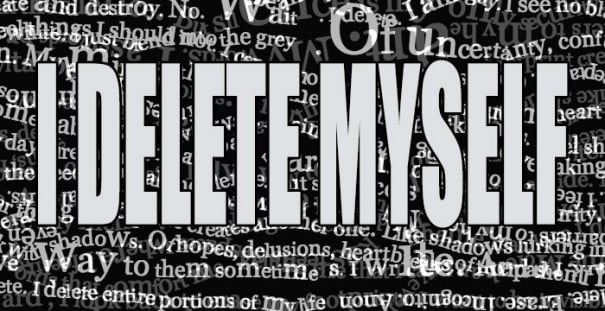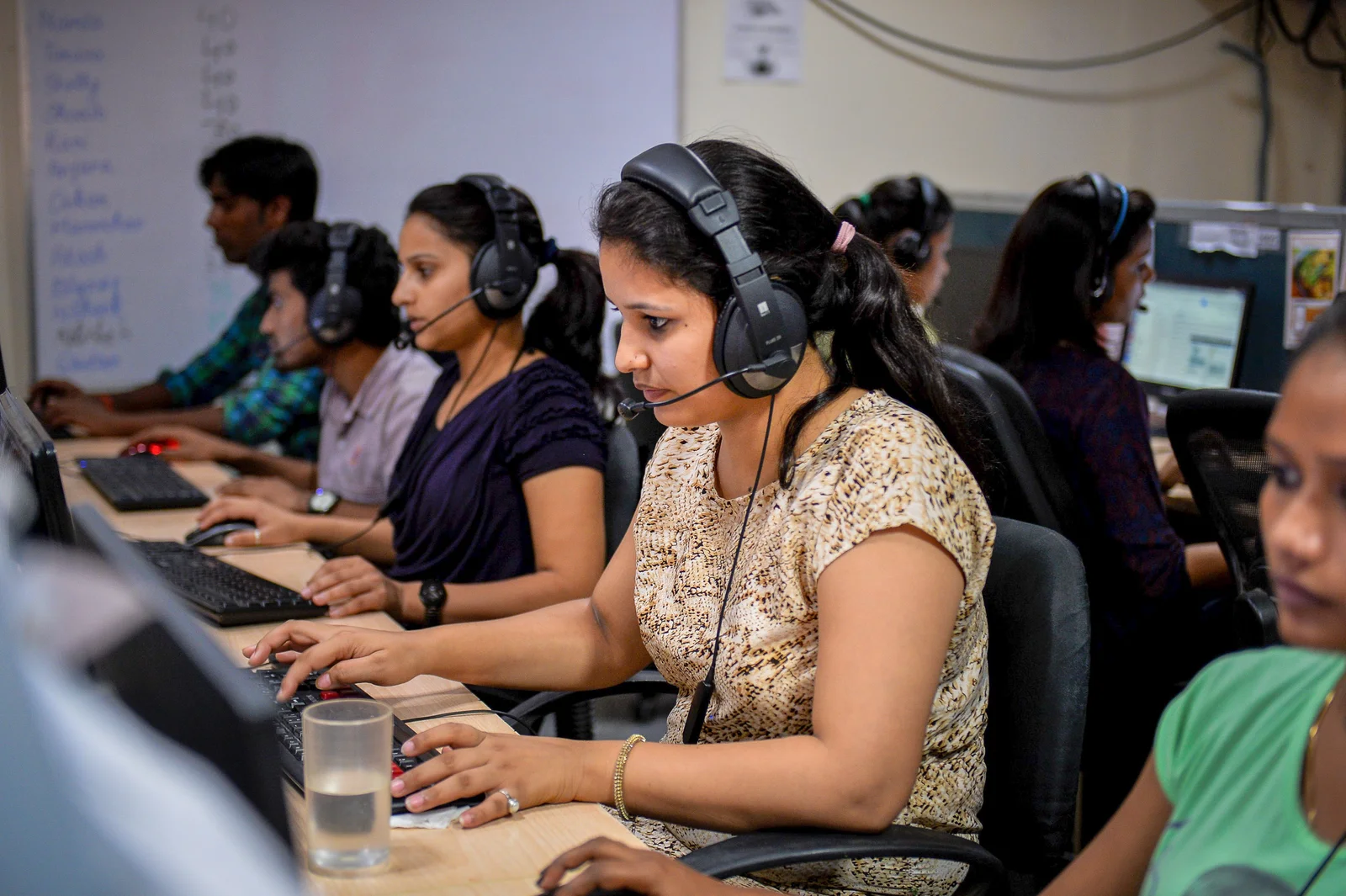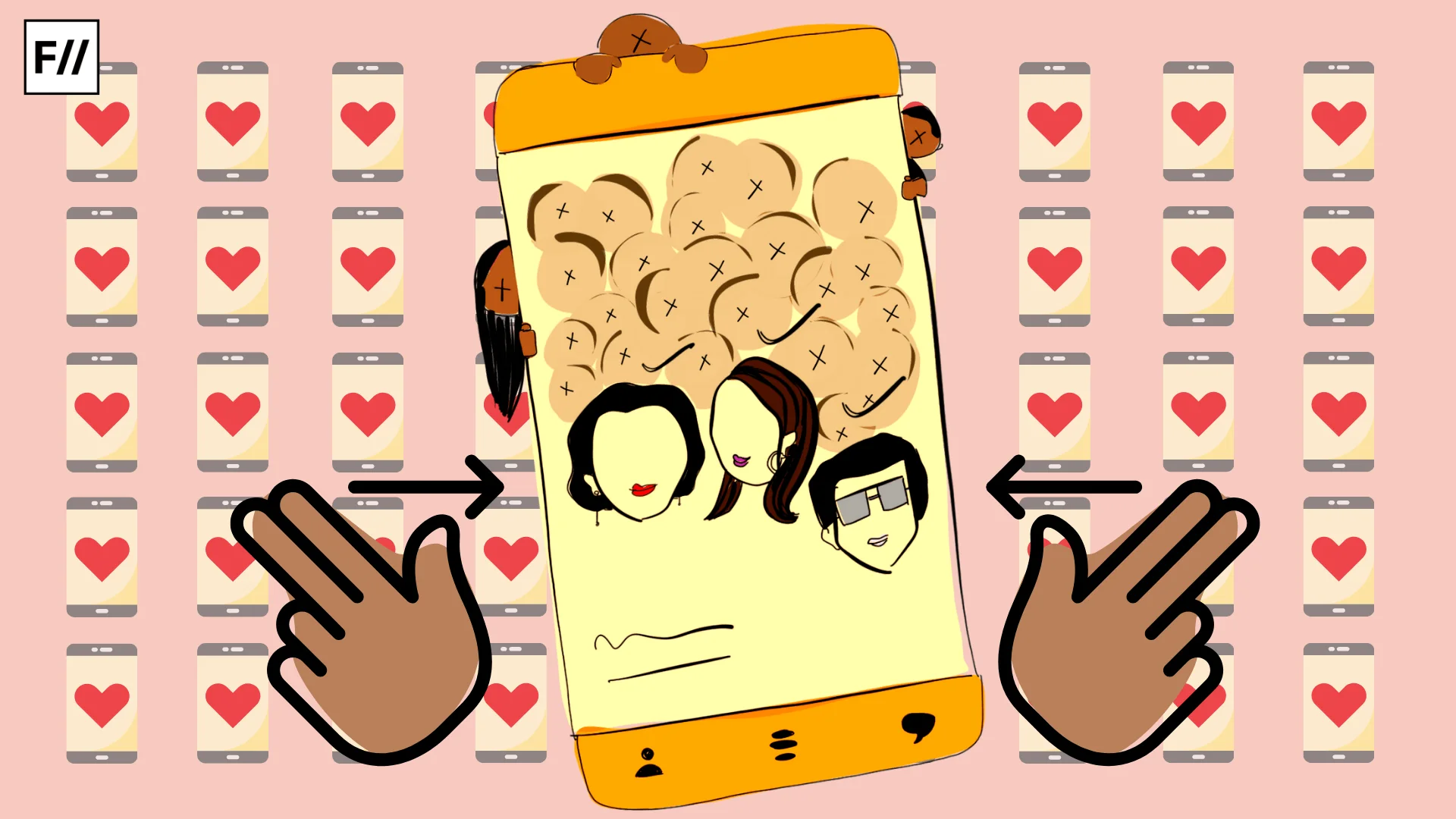Delete. Poem by The Weird Queer Kid, 2014
I delete entire portions of my life.
I don’t just hide. I delete.
I delete my browser history. I delete any memory of hashtags.
I delete RSS feeds of spaces where I feel free. Words that comfort me.
Telling me that I can feel. Shame, fear, love
I delete songs that speak to me
More than they ever should.
For every step I take forward , I look back to erase my footprints.
I want to be invisible, yet noticed.
I want to be anonymous, yet have an identity.
I create and destroy. No. Wait. I delete.
I am gay. I see no black and white. I just blend into the grey.
Of uncertainty, confusion, acceptance. Confusion again.
My mind is a haze. A fog that refuses to clear most days
I feel things I should not. I censor not just my words but my heart
I feel the fear hit me like darts.
I feel shadows overtaking my path.
I feel the floor giving away. Become stable again. Give away. Again.
My days are both good and bad.
So are my moments.
I feel the need to break the silence.
But silence is my only security.
I create barriers to my heart. My words.
Passwords protect my vital parts. My words.
I fear that even erasing a footprint creates another one.
Like shadows lurking in the dark.
I walk with shadows.
Of hopes, delusions, heartbreaks of the past.
I give way to them sometimes. I write. And then
I
Delete.
Erase.
Incognito.
Anon.
I delete myself everyday.
–The Weird Queer Kid, 2014
When taking interviews for my Masters thesis which looked at lesbian and bisexual women in India and the Internet, one of my respondents sent me the above poem saying, “This kind of sums up how I used to use the Internet four years ago. I don’t have to delete any more but there are many who still do.” There is no doubt that anonymity is one of the most attractive features of the internet. Of course, like any facility or tool, this can and is often misused, but I want to talk about the importance of the right to anonymity to those who need it for speaking out, meeting others and surviving in general.
As Special Rapporteur on Freedom of Expression, David Kaye said, “Encryption and anonymity, today’s leading vehicles for online security, provide individuals with a means to protect their privacy, empowering them to browse, read, develop and share opinions and information without interference and enabling….[them] to exercise the rights to freedom of opinion and expression.” This is all the more important for women who live in countries which are extremely patriarchal, where it is dangerous for women to express their opinions freely as well as queer persons living in countries with homophobic laws and societal bias. Both the groups are largely in danger when it comes to matters related to their sexuality. These are demographics who actually need to be anonymous to be safe in their physical spaces and not just virtual.
Encryption and anonymity, today’s leading vehicles for online security, provide individuals with a means to protect their privacy, empowering them to browse, read, develop and share opinions and information without interference and enabling….[them] to exercise the rights to freedom of opinion and expression.
Being anonymous and networked before the internet

The first explicitly lesbian organisation in India, Sakhi, was founded in 1991 by Giti Thadani, who is often referred to as the ‘mother of Indian lesbian movement’. Through Sakhi, they wanted to provide Indian women a chance to identify as a lesbian and find a space of belonging. They announced the inception of Sakhi in Bombay Dost, India’s first gay magazine which was founded in 1990 by Ashok Kow Ravi. Though it was a magazine which was written by and aimed at gay men, it was also read by queer women who did not have any other such resource to turn to. Sakhi identified as a lesbian organisation and asked others who identified as the same to write to them. They usually replied to each letter and, once it was clear that the writer was a woman, would enclose a list of others who also wrote to them with their postal address, thus enabling a networking system between lesbian women across India.
By mid-1994, there was a large and constant flow of letters to the Sakhi postbox. Many of the letter writers were not women from the big cities. They were often located in smaller towns, with English as their second language if at all. Some of them were married and some others even had children. The called themselves lesbians in the simplest sense of the word, as women who desired other women, and did not really focus on the origin or association with the word or its global and/or political implications. (Dave, 2010) It was just a word which helped them identify with a part of themselves which otherwise seemed very foreign in India. They used the word to find a community which was made up of others like themselves.
The called themselves lesbians in the simplest sense of the word, as women who desired other women, and did not really focus on the origin or association with the word or its global and/or political implications. (Dave, 2010)
The formation of this imagined community was possible because of the anonymity afforded to the women. Though their addresses may be known, they were still anonymous. This was possible due to the Indian postal system then. Today, the Internet enables the same level of anonymity, and it has been used well by the queer community. Queer people in various countries with repressive LGBTQlaws have been using the Internet to meet each other and form communities without actually being forced to come out and put themselves at risk.
After crackdown on the popular gay cruising spots in India, the main means for gay and bisexual men to meet others from the community was through chatrooms on Yahoo, Rediff etc. and dating websites like PlanetRomeo. Online groups like GayBombay played a big role here. In Egypt, the primary queer space is online given the dangers of openly being queer in the Egyptian society. Walsh-Haines also looks at how the blogosphere can be used for the liberation of queers in Egypt and for collective activism. Similar is the case in Beirut and the list goes on, what with 76 countries having laws criminalising LGBT relationships and/or “propaganda of homosexuality” like in the case of Russia and Lithuania. In Malaysia, the police are secretly infiltrating queer forums and pages for collecting data on the members. In 2006, four men were arrested in Lucknow, India, under the charge of “conspiracy to commit sodomy” under Section 377. The police actually created a trap for one of them after finding his phone number on his PlanetRomeo (then known as guys4men.com) profile. The queer movement in Lebanon would not exist if it was not for the ability to network online. The movement traces its roots to the ability to access online spaces where lesbians could meet anonymously and safely, to discuss issues from dating to rights. You can read more details about Lebanon and other countries in the EROTICS report here.
The movement traces its roots to the ability to access online spaces where lesbians could meet anonymously and safely, to discuss issues from dating to rights.
Cyberspace has given the queer woman a chance to problematize the existing gender and sexual identities which, like any identity, is not static. It allows her to create and occupy spaces which will give her freedom and power in a way that the misogynistic physical world cannot provide. The very act of creating a profile online portraying your real self is an act of defiance against the existing norms and one of engaging in queer politics, which is about challenging the ideas of gender and sex, regardless of the outcome of this particular act.
The very act of creating a profile online portraying your real self is an act of defiance against the existing norms and one of engaging in queer politics, which is about challenging the ideas of gender and sex, regardless of the outcome of this particular act.
Run! There are women being anonymous online
The fact that the Internet allows women to be anonymous has greatly aided in increased freedom of expression as well as in combating sexual discrimination, violence as well as domestic abuse.
Within freedom of expression, there is an implied hierarchy of things that can be spoken about. When women are encouraged to speak up about education, work, equal rights etc., free sexual expression is not on the approved list. Freedom of sexual expression is not seen as important and, on the contrary, is considered a mark of a ‘fallen’ or ‘bad’ woman who is harmful to the society. This stems from the fact that in a lot of countries, the honour of the family, village, society, country etc. is often in the woman’s vagina. So any woman who speaks about sex as a pleasurable act or is sexual is not a ‘good’ woman. A prominent example of that would be the tragic case of Qandeel Baloch in Pakistan. As Nighat Dad pointed out in her presentation at the session on Privacy, Anonymity and Public Access to Information at the Asia Pacific Regional Internet Governance Forum, Qandeel was not attacked or trolled until her real identity was revealed. Up until then, she was just seen as an active social media personality, a self-described “One Woman Army” talking about challenges of being an independent woman in Pakistan. If she had had the chance to stay anonymous, she would possibly still be alive. Right to anonymity enables women’s free sexual expression without repercussions.
If Qandeel had had the chance to stay anonymous, she would possibly still be alive. Right to anonymity enables women’s free sexual expression without repercussions.
Domestic abuse victims can speak up anonymously online without having their identities revealed to their husbands or others who may be involved in the abuse. Recently, rape survivors used Snapchat filters to tell their stories. When they are anonymous, the stigma attached to the individual is reduced as the focus shifts to their stories. In a recent rape case, a former Stanford University student sexually assaulted a woman who was at the same party as him. Even though all the twelve jurors found him guilty, the judge meted out a ridiculously mild punishment of six months in jail and three years probation as “a prison sentence would have a severe impact on him.” At the sentencing, the rape survivor spoke directly to the defendant about the impact the rape had had on her, and this 7244-word powerful open letter was also shared online. If the woman’s identity was known or had be revealed, one can imagine how she would have been dissected.
Even with the points in favour of right to anonymity being far and wide, it is not seen as a priority in many countries. Human rights activists and the civil society are only beginning to acknowledge that the lack of anonymity directly infringes on freedom of speech and expression. There is increasing surveillance, not just by the state or the government but also by the private sector. An important example of this is the Facebook’s real name policy. With their insistence on everyone using their real names, this policy endangers queer persons who are not out, transgender persons, victims of marital abuse who may not want to be found online, victims of cyberbullying and many more.
Even with the points in favour of right to anonymity being far and wide, it is not seen as a priority in many countries. Human rights activists and the civil society are only beginning to acknowledge that the lack of anonymity directly infringes on freedom of speech and expression.
The right to anonymity online is a right which is essential for a person’s safety in the physical space as well. It is not only essential for their right to information, expression and their right to association, but it is something that supports the very core of their being in many cases. It frees them by allowing them to have an identity without actually being seen.
This article was originally published on GenderIT.org and has been re-published here with their consent.




